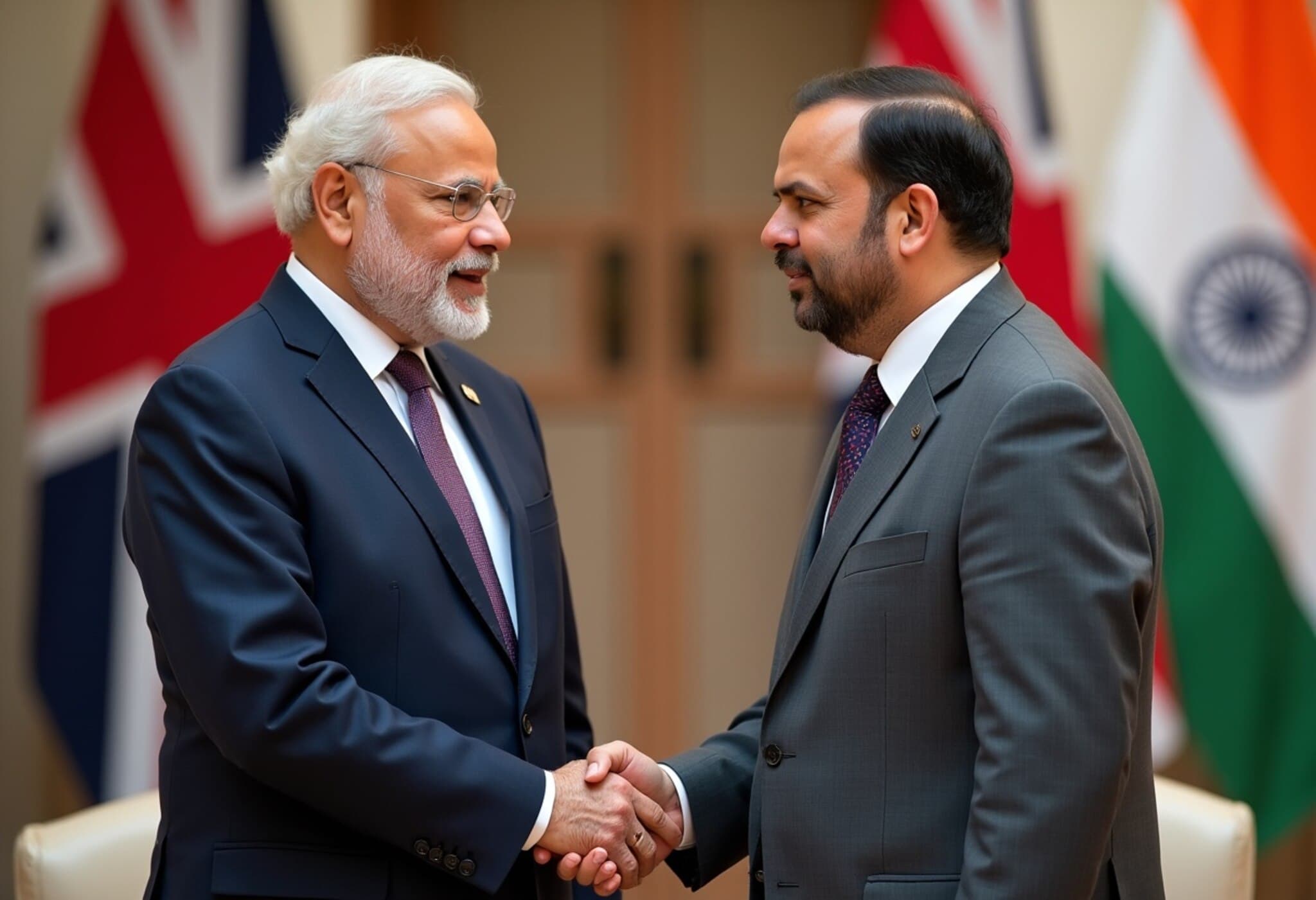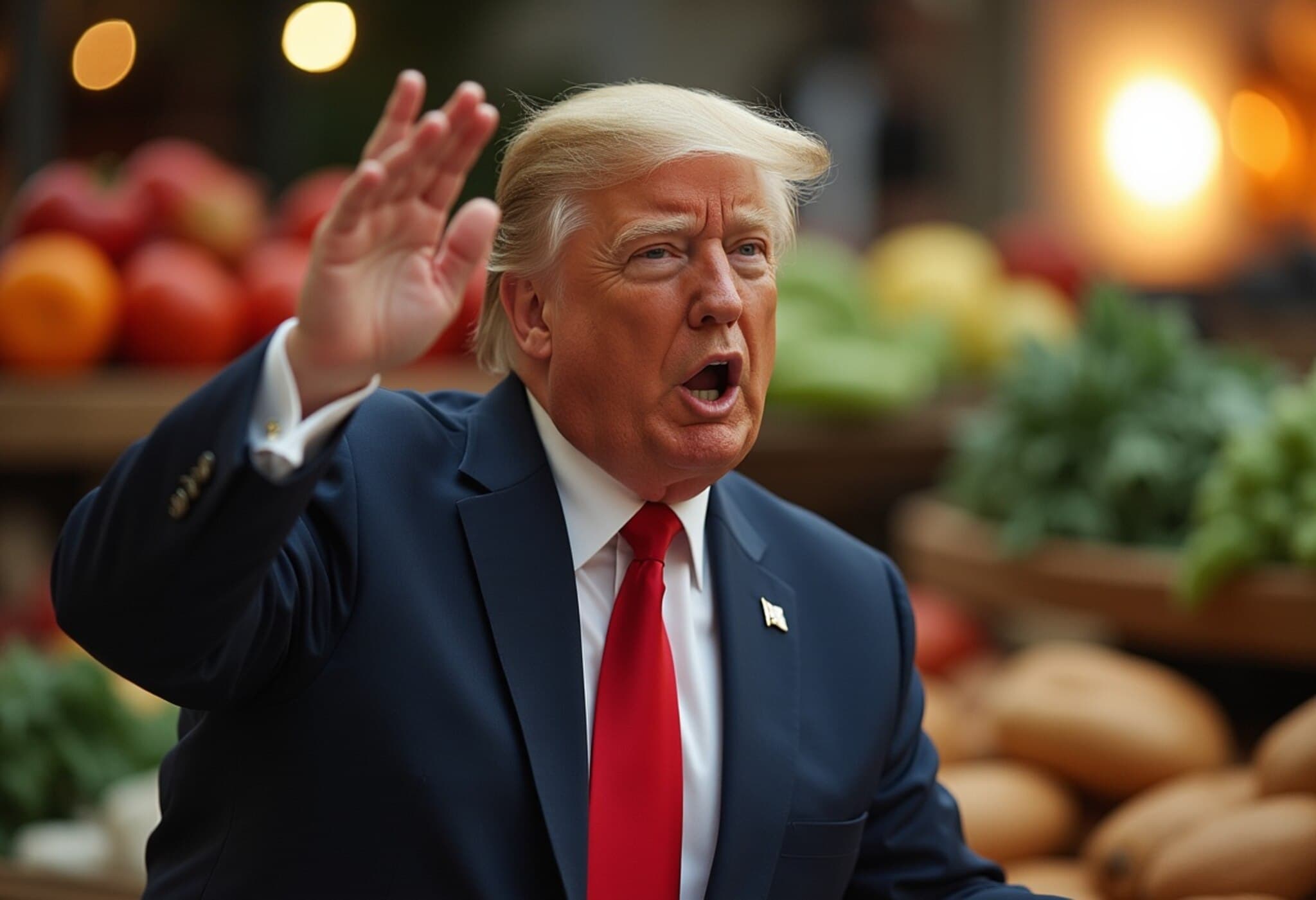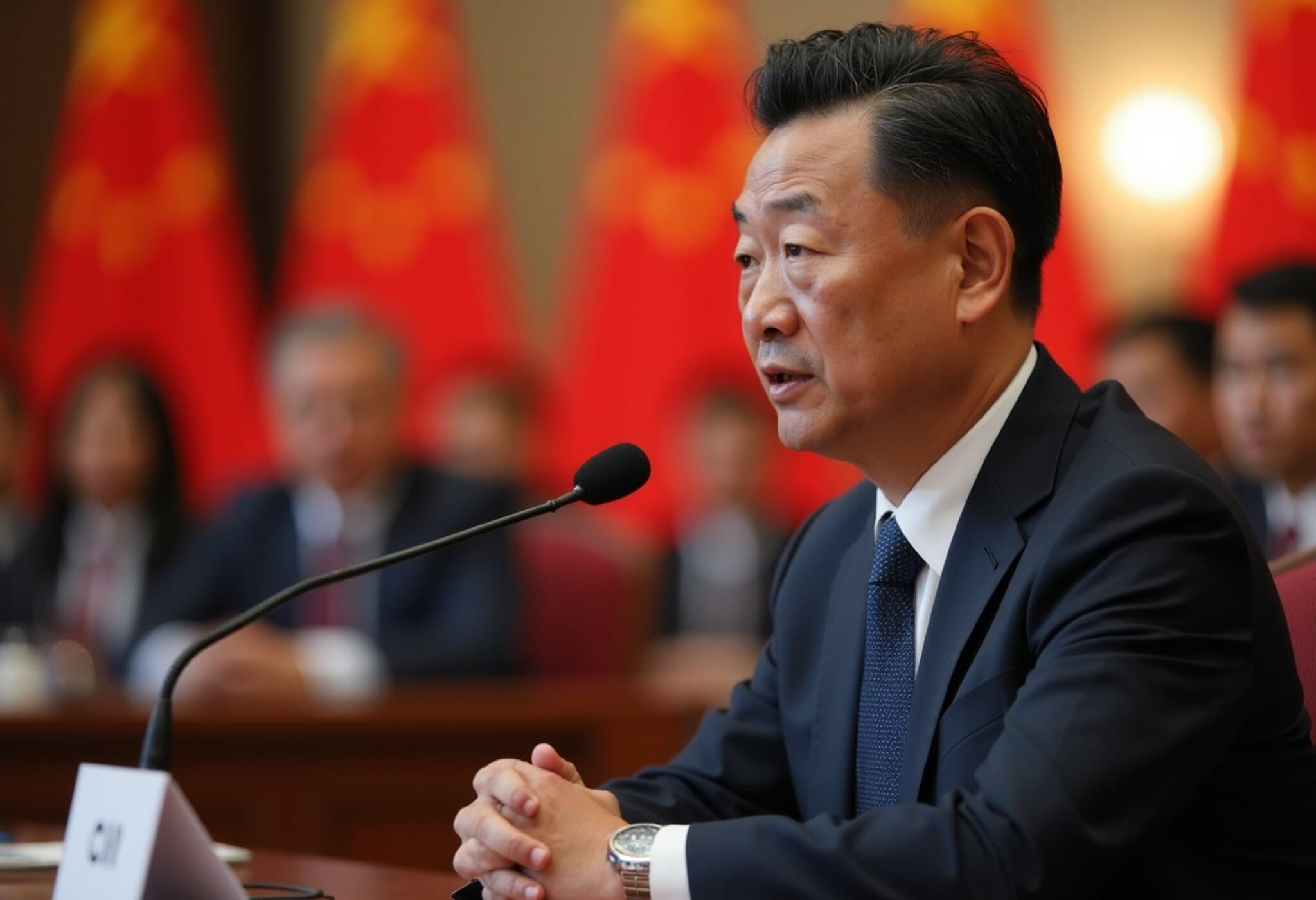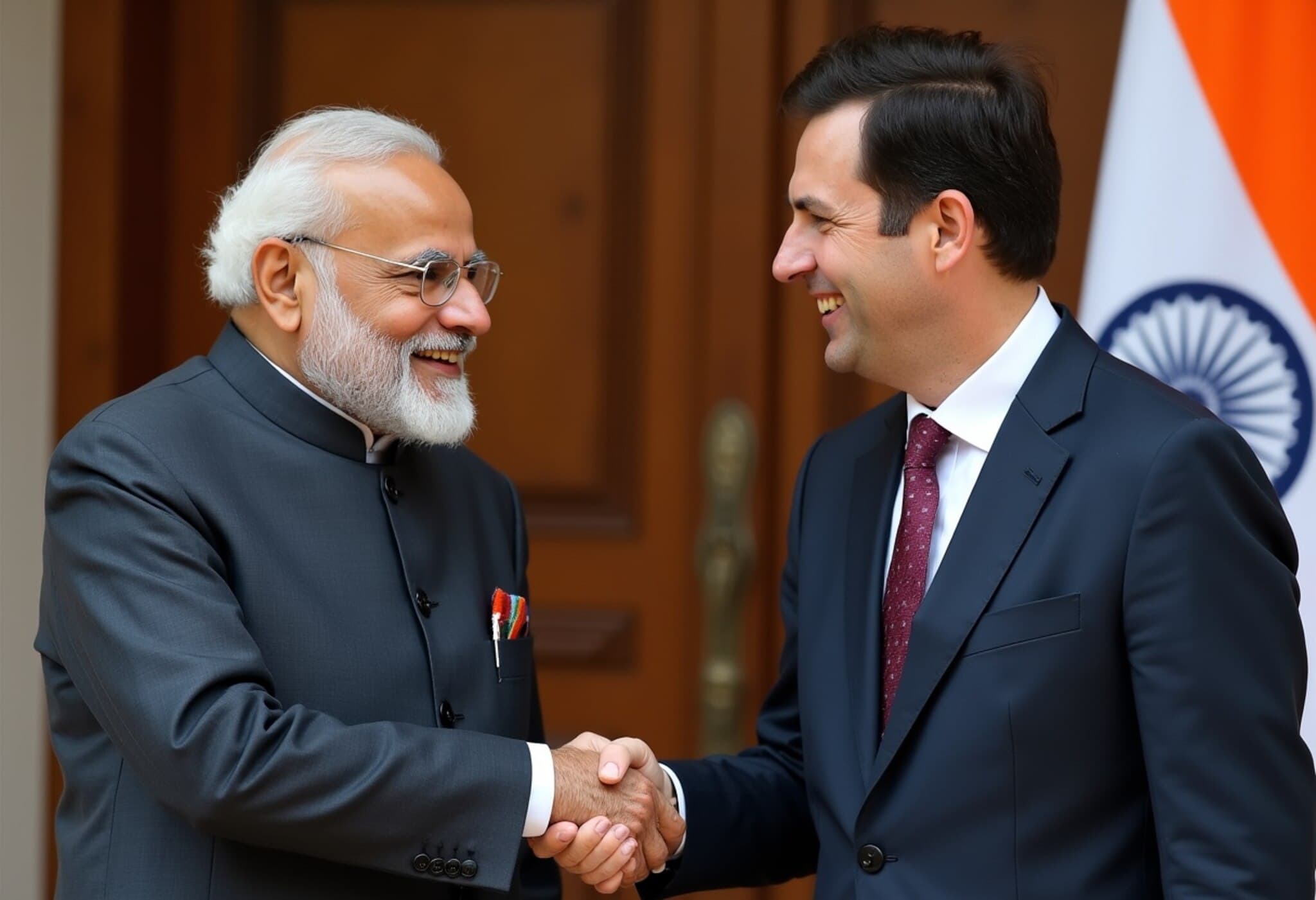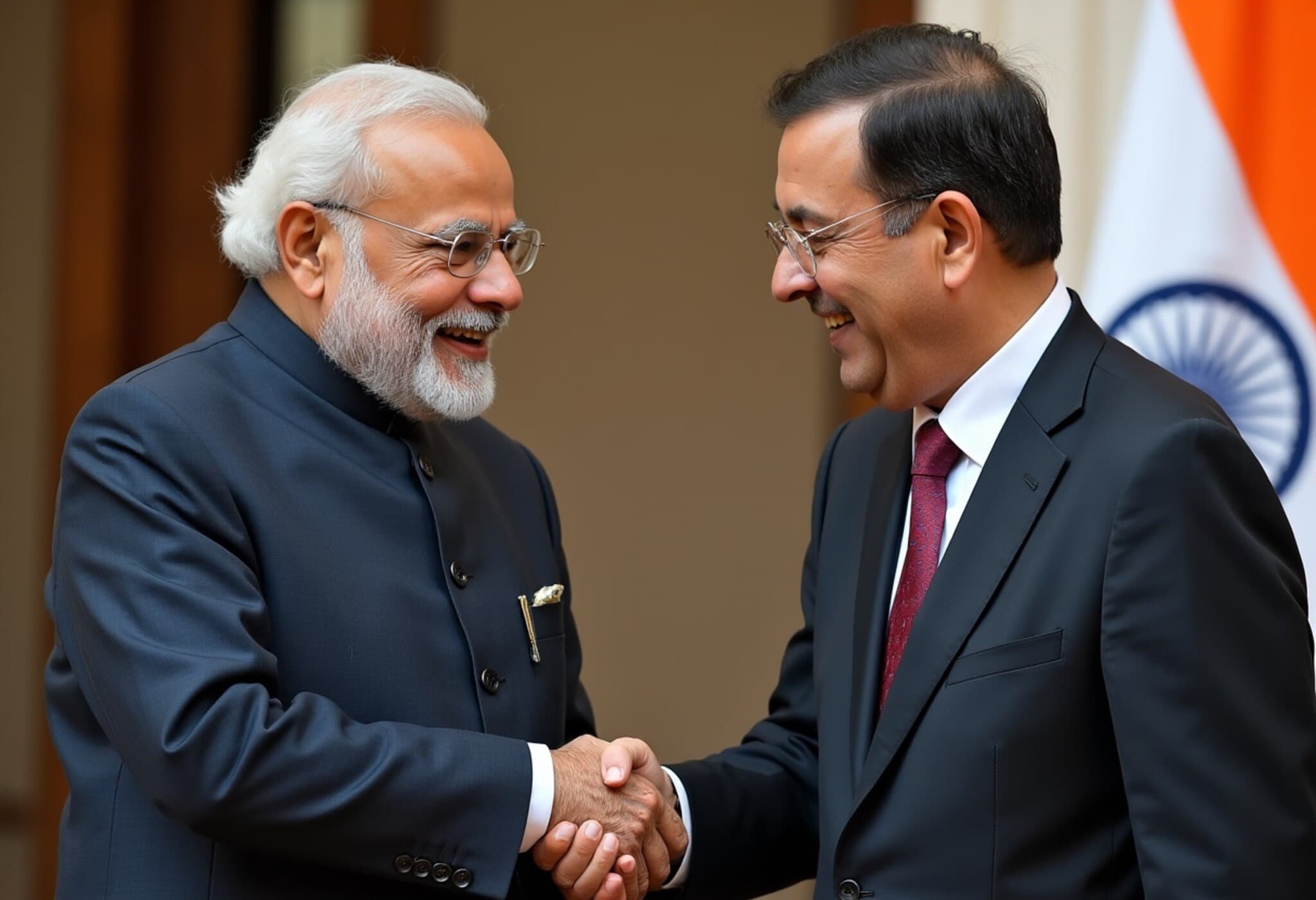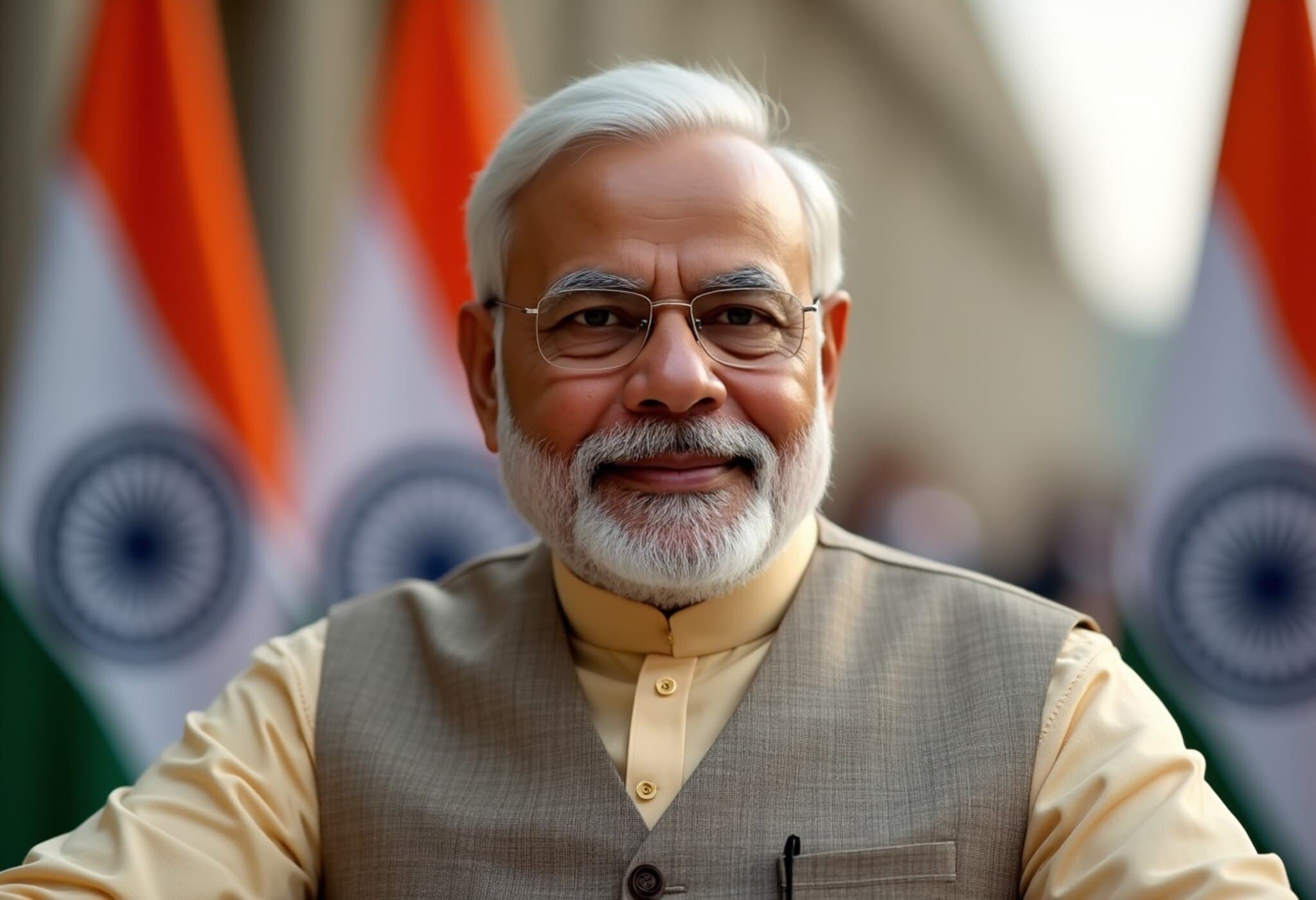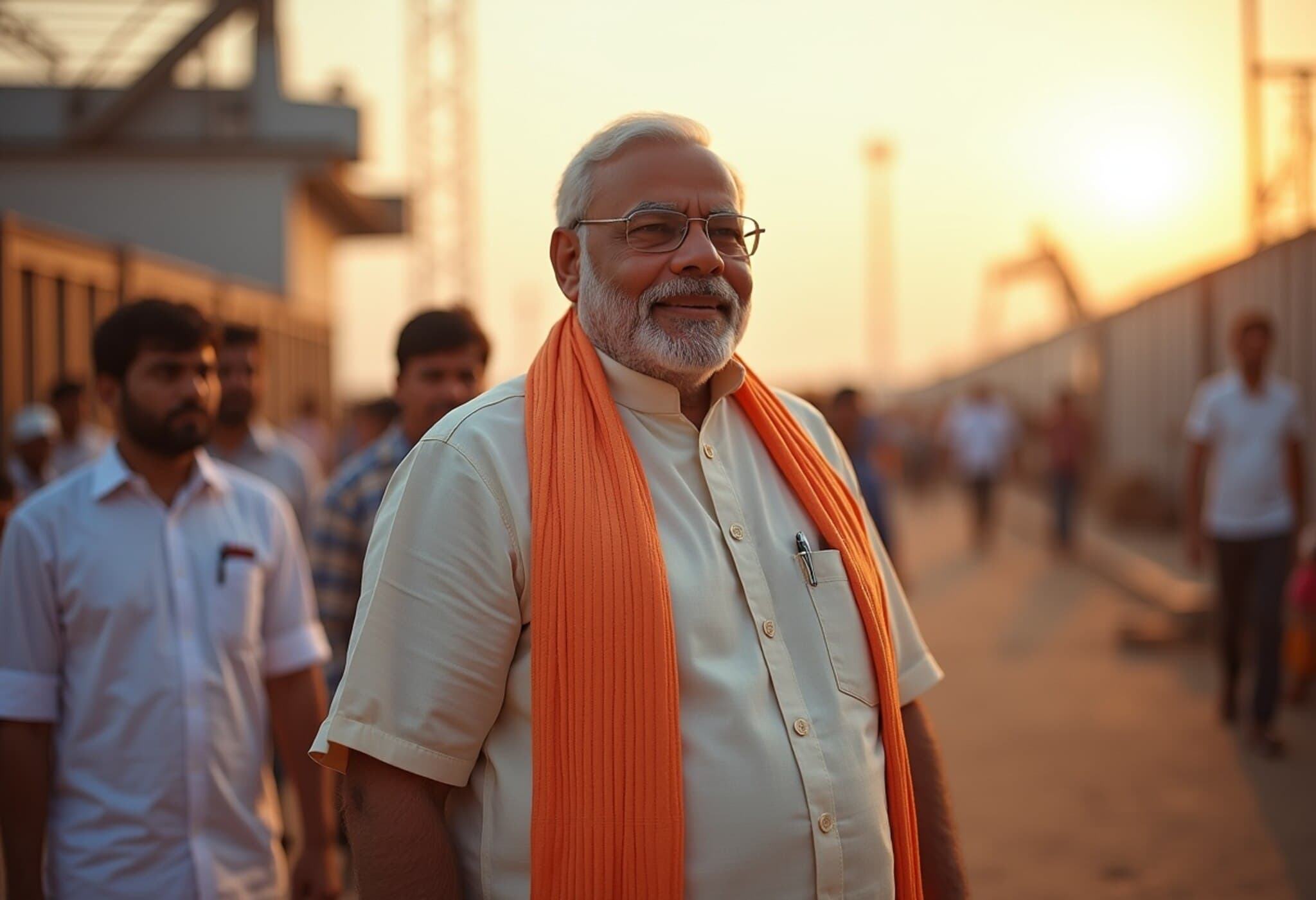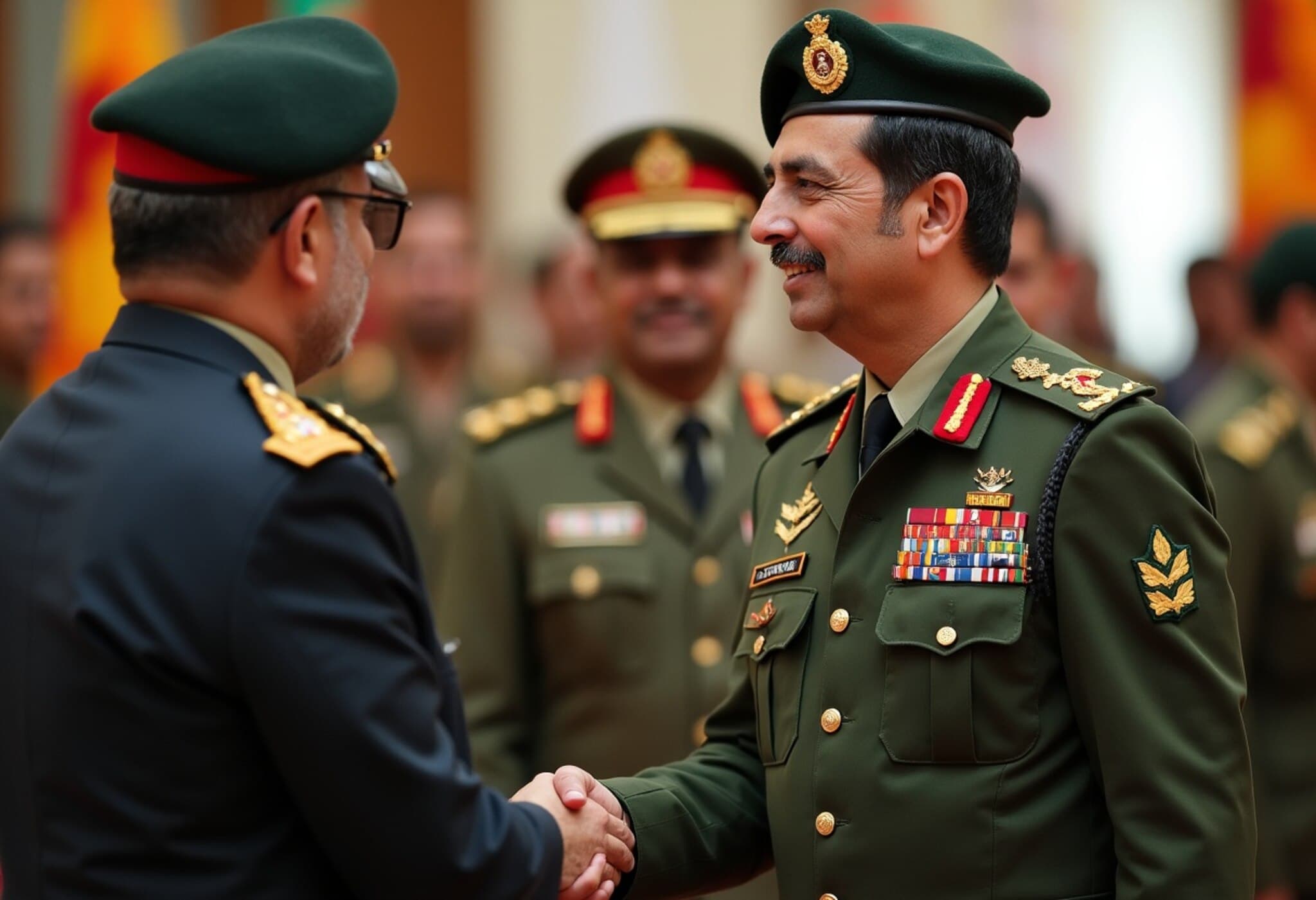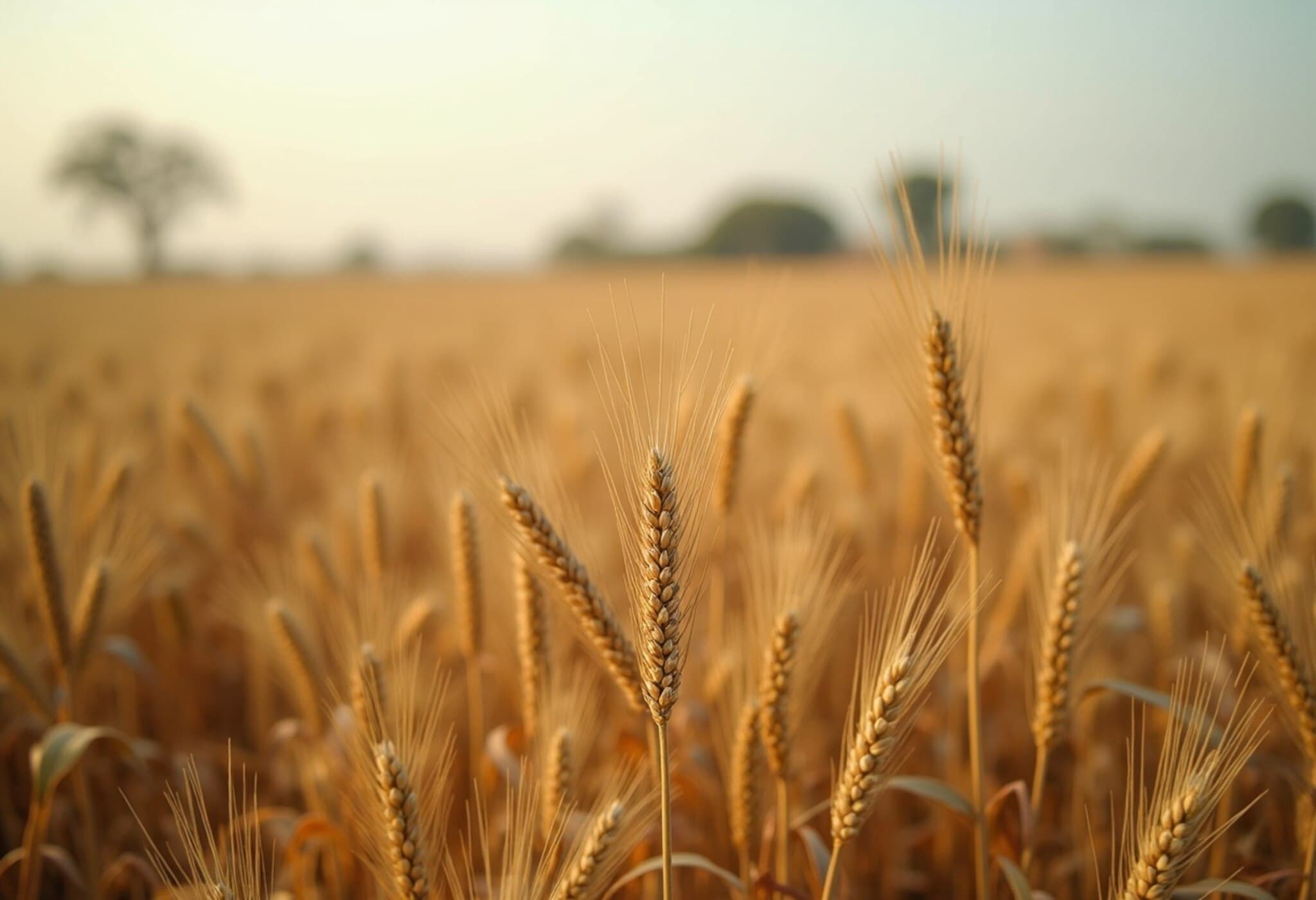India-UK Relations: A New Chapter Under PM Narendra Modi
Once bound by a shared colonial history, India and the United Kingdom have, under Prime Minister Narendra Modi’s leadership, transitioned to a vibrant and future-ready partnership. Beyond ceremonial ties, the relationship has matured into a robust bilateral collaboration spanning trade, defense, technology, education, healthcare, and cultural exchange. Here’s an in-depth look at the seven defining facets of India-UK relations in recent years.
1. Comprehensive Strategic Partnership Anchored by Roadmap 2030
In 2021, India and the UK formalized their relationship into a Comprehensive Strategic Partnership, propelled by an ambitious Roadmap 2030. This framework charts cooperation across critical sectors—trade, defense, education, health, and climate change—setting a clear path for enhanced collaboration over the decade.
Regular high-level engagements, such as meetings between PM Modi and prominent UK leaders — from Boris Johnson to Rishi Sunak and Keir Starmer — have fostered trust and momentum. Notably, visits by India’s President Droupadi Murmu and Vice President Jagdeep Dhankhar to key UK events symbolize deepening political and diplomatic ties, while parliamentary exchanges, including Speaker Om Birla’s 2025 London visit, reflect a commitment to institutional dialogue.
2. The Landmark India-UK Free Trade Agreement (FTA)
After meticulous consultations spanning three years, May 2025 marked a watershed moment with the signing of the India-UK Free Trade Agreement (FTA) alongside a Double Taxation Avoidance Convention. The agreement stands as one of the most comprehensive trade deals for India, covering 26 critical chapters, including goods, services, digital commerce, intellectual property rights, and labor standards.
This pact is set to turbocharge bilateral commerce by dismantling tariffs and easing market access, aligning with both nations’ ambitions to expand two-way trade. It also capitalizes on strong institutional mechanisms such as the India-UK Joint Economic and Trade Committee (JETCO) and Economic and Financial Dialogue (EFD), which have enabled focused economic collaboration.
3. Robust Bilateral Trade Exceeding $55 Billion
The trade relationship has witnessed unprecedented growth, with bilateral trade eclipsing $55 billion in 2024. This surge reflects sustained demand for Indian goods and services in the UK and expanding British exports into India, driven by innovation, digital transformation, and sustainability agendas.
The two countries are actively investing in emerging sectors and green technologies, signaling a commitment to future-proof their trade interactions amid shifting global economic trends.
4. Dynamic Investment Landscape Enhancing Economic Links
The United Kingdom continues to be a major foreign investor in India, with Foreign Direct Investment (FDI) now exceeding $36 billion. British enterprises have notably expanded footprints in manufacturing, fintech, and the service sectors. Meanwhile, India’s corporate giants such as Tata, Infosys, and Wipro have established substantial operations in the UK, generating thousands of jobs and weaving deeper economic integration.
This bidirectional investment fosters innovation and job creation, positioning India and the UK as key partners in the global value chain.
5. Strengthened Defence and Technological Collaboration
Defense ties have evolved into a multidimensional partnership featuring regular joint military exercises—Exercise Konkan (naval), Cobra Warrior (air), and Ajeya Warrior (army)—each enhancing interoperability and mutual preparedness.
On the technology front, the UK stands as India's second-largest international research ally. Since the 2023 India-UK Science and Innovation Council, collaborative initiatives have surged, focusing on cutting-edge domains including quantum computing, artificial intelligence, clean energy, and pandemic readiness.
The launch of the India-UK Net Zero Innovation Virtual Centre exemplifies their joint leadership in sustainability, targeting industrial decarbonization and development of green hydrogen.
6. Expanding Cooperation in Health and Education
The COVID-19 pandemic underscored the power of the India-UK partnership, especially through the milestone AstraZeneca-Serum Institute vaccine collaboration. Building on this momentum, both nations signed a framework facilitating health workforce exchanges, resulting in over 60,000 Indian healthcare professionals now serving in the UK’s NHS, the second-largest foreign workforce group.
In education, the relationship deepens with approximately 170,000 Indian students studying in the UK—the largest international cohort. Visa policy enhancements and institutional collaborations, like the University of Southampton’s new Gurugram campus, aligned with India’s New Education Policy (NEP), symbolize a progressive knowledge bridge.
7. Vibrant People-to-People and Cultural Bonds
Beyond institutional ties, the migration frameworks such as the Migration and Mobility Partnership (MMP) and the Young Professional Scheme enable young professionals to live and work in both countries, enriching social and economic exchanges.
The Indian diaspora, numbering more than 1.6 million in the UK, serves as an enduring cultural and economic link, fostering grassroots goodwill and bilateral understanding.
Expert Insights and Regional Implications
From a policy perspective, this intensification of India-UK relations aligns with India’s vision to pivot strategically towards Western democracies amidst a shifting geopolitical landscape. The FTA represents not only an economic milestone but a blueprint for resilient, rules-based trade in the Indo-Pacific region.
Moreover, the Defence collaboration underscores the growing security convergence, reflecting mutual interests in maritime security and technological innovation. For the UK, this partnership revitalizes Commonwealth legacies in a modern context, facilitating its post-Brexit recalibration towards Asia.
Questions for the Road Ahead
- How will the data protection and digital trade chapters in the FTA address emerging cybersecurity risks?
- What measures will ensure the equitable distribution of benefits from expanded trade and investment?
- How can both countries deepen green technology cooperation to meet their ambitious climate targets?
Editor's Note
The transformation of India-UK relations under PM Modi exemplifies a dynamic partnership that transcends historical ties, embracing future challenges with strategic clarity and mutual respect. As this alliance matures, its success hinges not only on economic metrics but on equitable, sustainable, and inclusive growth that can serve as a model for global partnerships in the 21st century. Readers should watch how forthcoming policy implementations and people-centered initiatives will shape this landmark bilateral journey.

